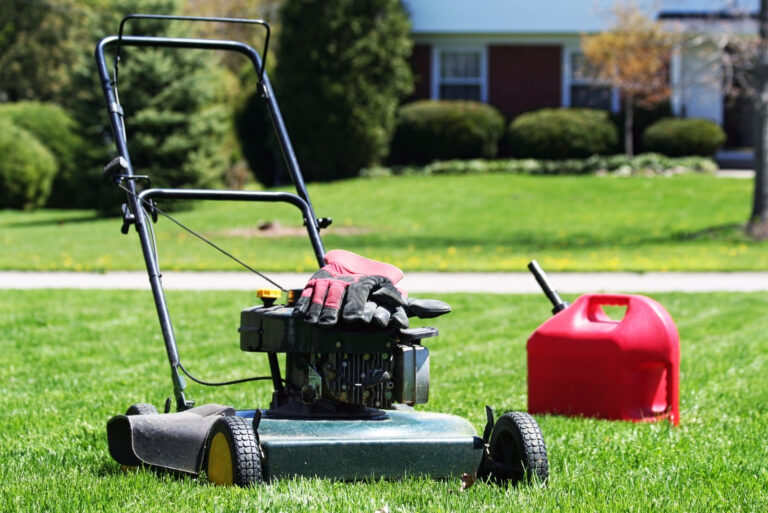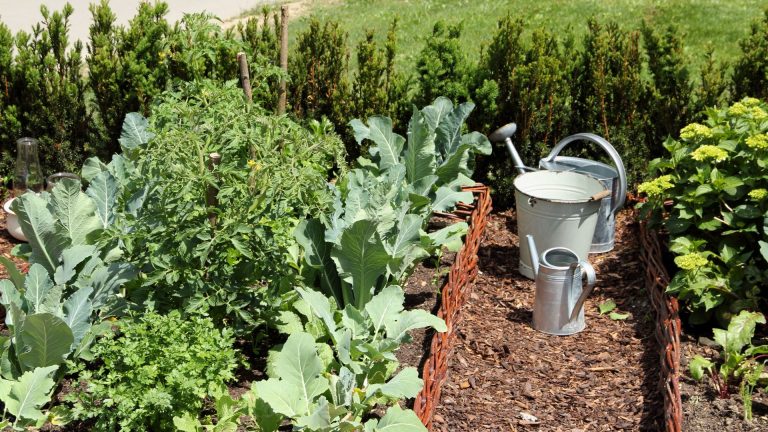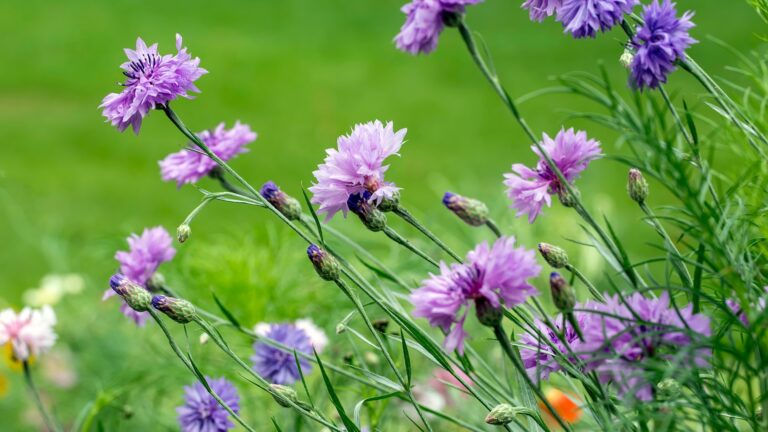Here’s Why You Should Use Leftover Rice Water To Boost Your Plant Growth
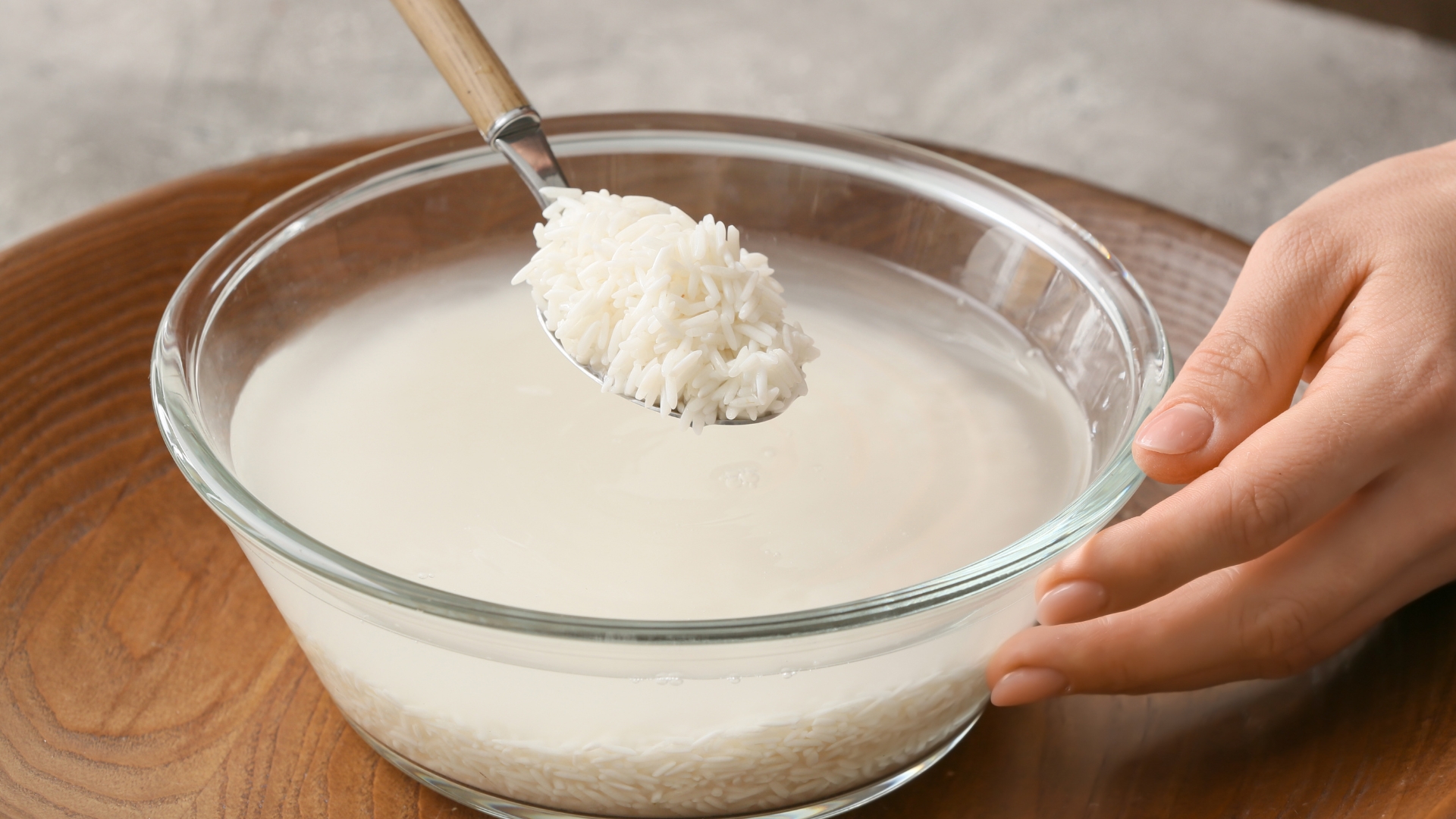
How many times have you heard a gardening tip and thought, No way, that can’t work?
That’s exactly what I thought when a friend told me that leftover rice water does wonders for plants. Honestly, I can’t even remember why I decided to try it, but I’m so glad I did – it turned out to be a total game-changer.
Oh, and did I mention it’s completely free? That’s right, rice water might just be the magic ingredient your plants have been waiting for. Still skeptical? Keep reading – I’m pretty sure I can change your mind!
Leftover Rice Water Is Your Garden’s Main Ally
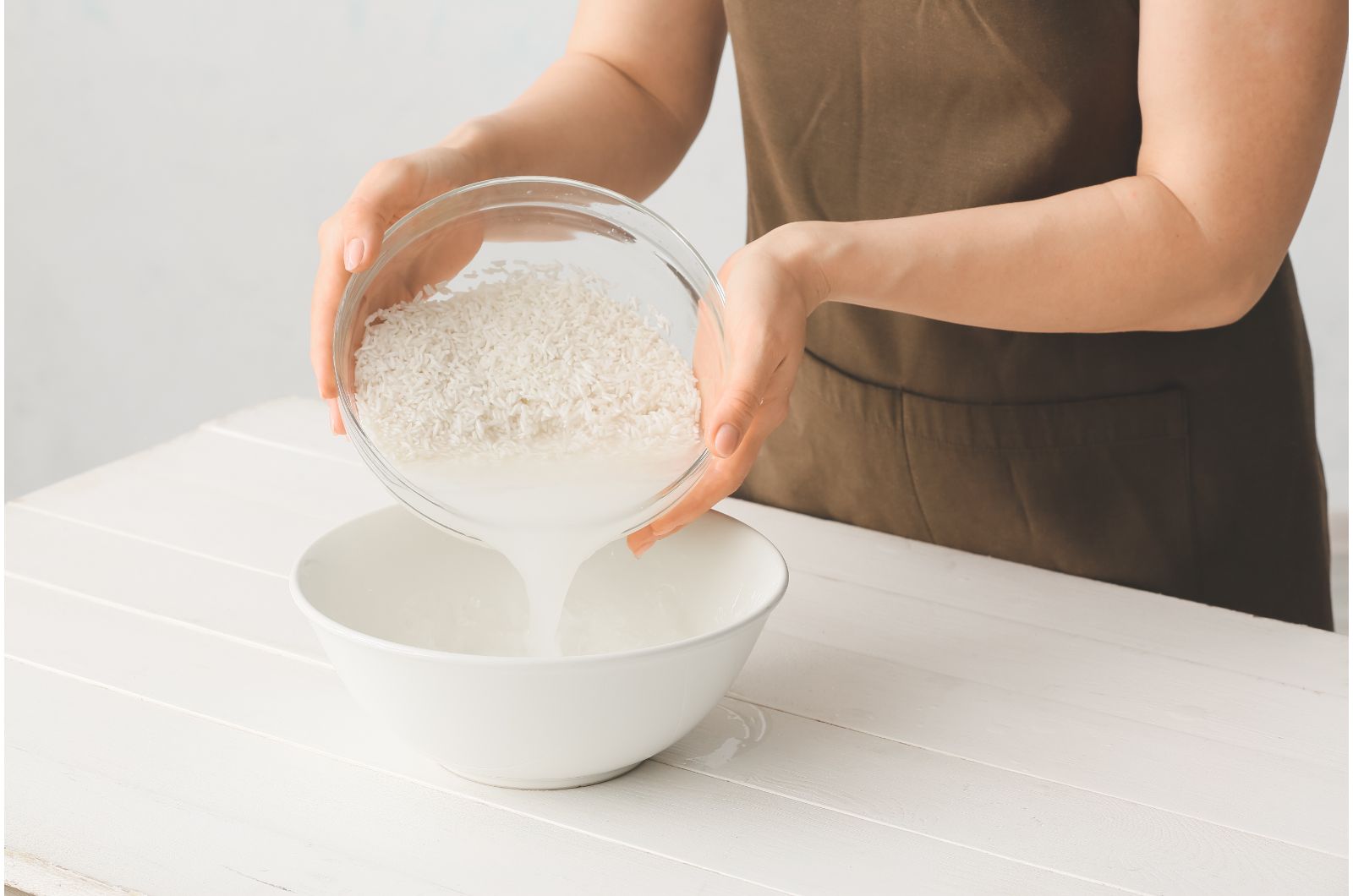
Rice water might not seem impressive at first glance, but for your garden, it’s nothing short of liquid gold.
This seemingly humble byproduct is brimming with nutrients that work wonders for the soil.
It creates the perfect environment for beneficial microbes, that help break down organic matter, release essential nutrients, and improve soil structure, making it easier for your plants to absorb what they need to thrive.
One of the key components of rice water is its starch content. This provides a steady, natural source of energy that promotes robust root development. Stronger roots mean healthier, more resilient plants that can access water and nutrients more efficiently.
Unlike synthetic fertilizers that can sometimes overwhelm plants, rice water offers a balanced, gentle boost that encourages sustained growth without causing stress.
And let’s not forget that using rice water as a natural fertilizer is also an environmentally friendly way to make the most of your kitchen scraps.
Here’s How To Use Rice Water For Your Plants
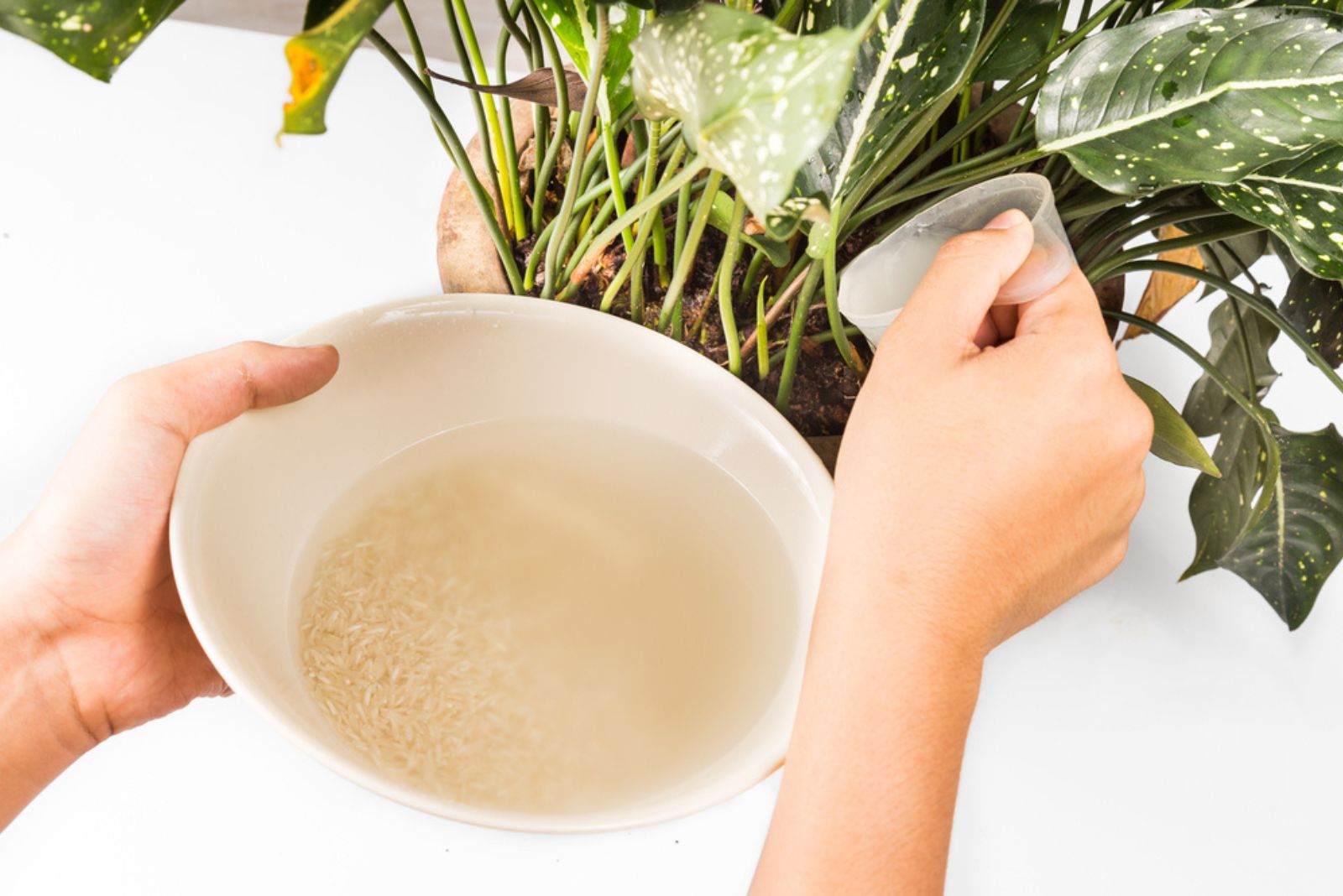
Of course, you’ll start by collecting the leftover water from rinsing your rice. Make sure it’s not salted or seasoned; plain rice water is what your garden needs.
Allow it to cool to room temperature before use, as hot water can harm plants and soil microbes.
Next, apply the rice water directly to the base of your plants, focusing on the soil rather than the leaves.
I always use a watering can and pour it gently to avoid washing away the soil.
As easy as pie, right?
Which Plants Thrive On Rice Water And Which Prefer To Live Without It?
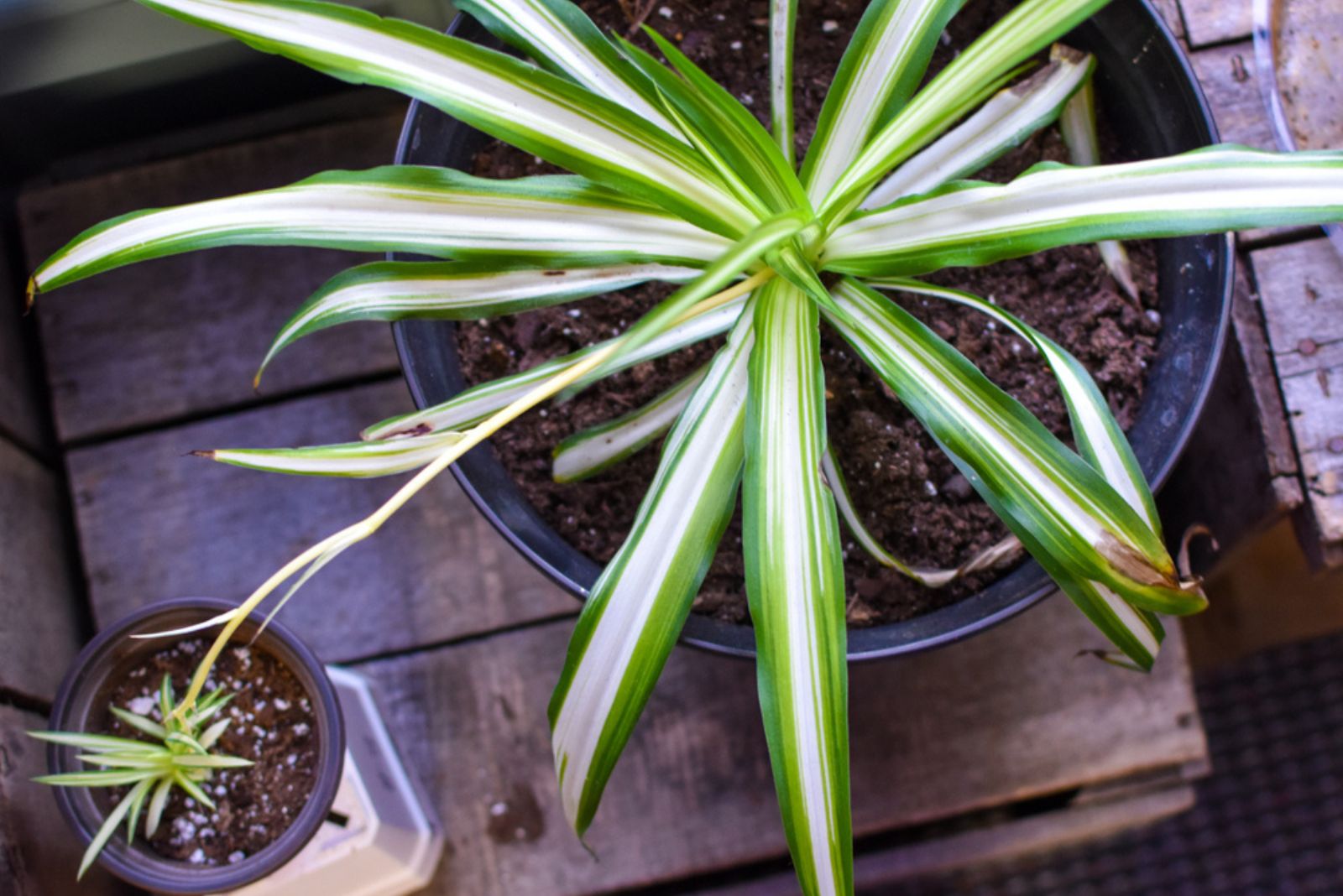
Not all plants are cut from the same cloth, and when it comes to rice water, some truly lap it up like it’s ambrosia. Many common garden favorites thrive with the gentle nutrients and starch rice water provides, making it a tailor-made treat for specific types of plants.
Many houseplants flourish when treated to rice water, particularly leafy varieties like pothos, spider plants, and ferns, which seem to glow with renewed energy.
However, water-wise plants like succulents and cacti may not appreciate the extra moisture, so it’s best to stick to their dry-loving preferences.
Some outdoor favorites, including flowers, vegetables, and herbs, also love rice water for its gentle fertilizing effects. Tomatoes, beans, and leafy greens grow better and faster, while herbs like basil and mint grow more vibrant and fragrant.
When Should You Use It?
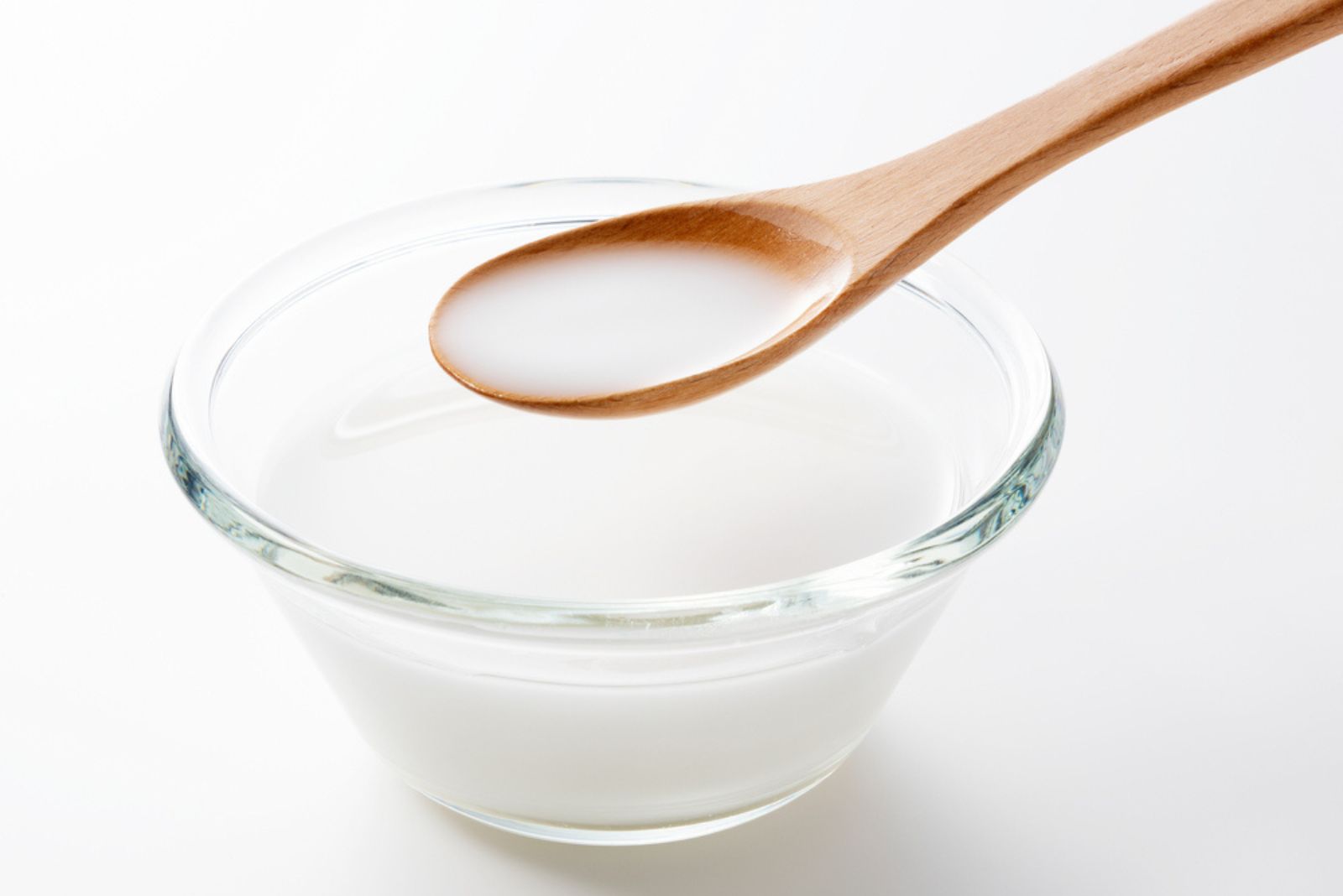
Timing can make a world of difference, as using rice water at the right moment ensures your plants get the most out of this nutrient-rich elixir.
The best time to apply rice water is during the early morning or late evening when the sun isn’t too strong.
This avoids evaporation and gives the soil ample time to absorb the goodness, allowing the nutrients to sink in deeply.
Avoid using rice water on waterlogged soil – it’s like pouring water into a full cup. Instead, wait for the soil to dry out slightly so it can soak up the nutrients properly.
And use it sparingly! I use it about once a week and it seems my plants love it! Remember, like anything in life, balance is key!
Pay Attention To This!
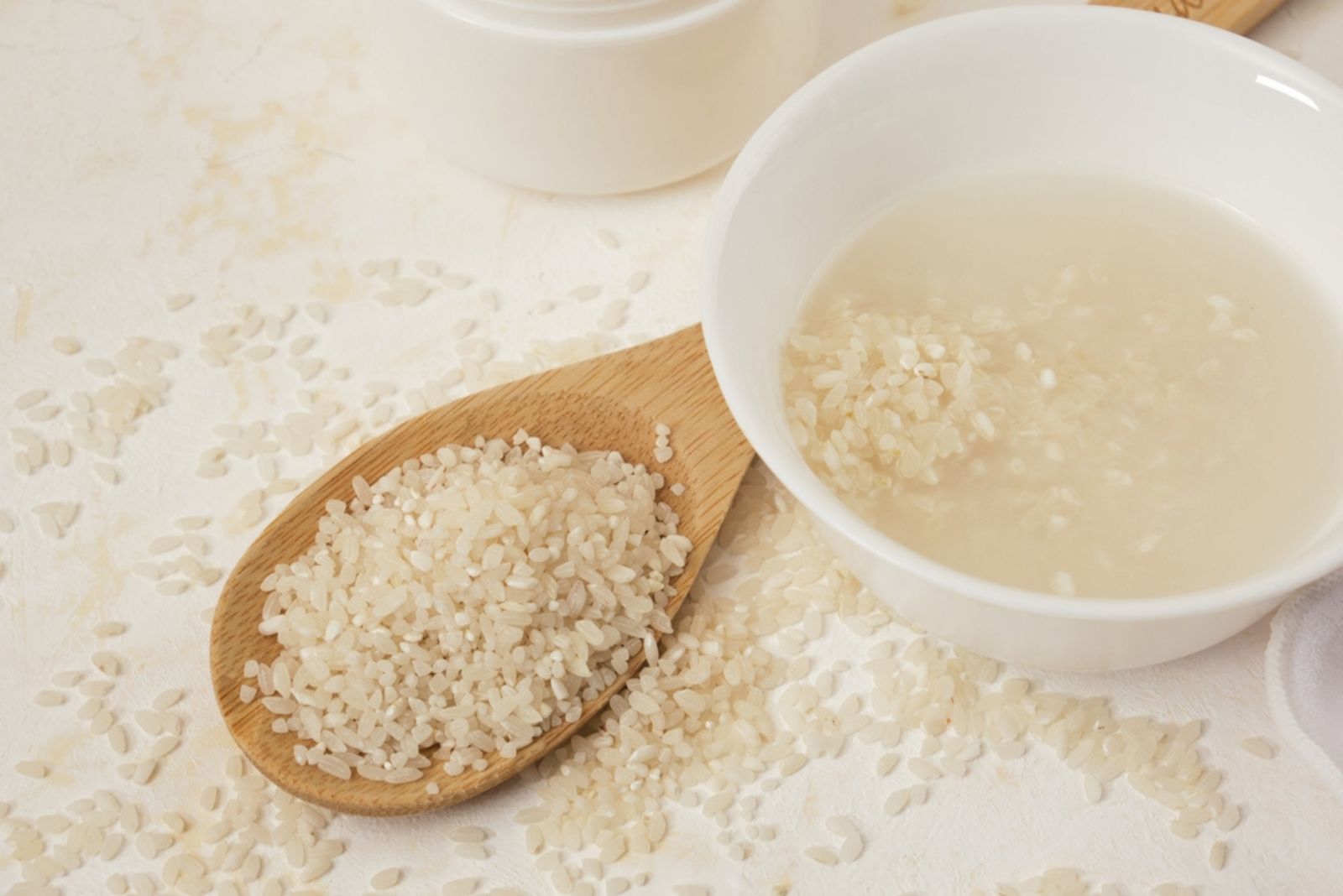
Before you grab that leftover rice water, take a moment to double-check. Is it plain and unsalted?
Consistency is important, but don’t overdo it. Using rice water too often can cause excess starch buildup, which may encourage pests or fungal growth. Stick to a weekly schedule for balanced results.
Lastly, avoid applying rice water on plant foliage or flowers. It’s best absorbed by the roots through the soil, so pour it at the base of your plants for optimal health and growth.
Who knew such a simple kitchen byproduct could make such a big difference in your garden? Don’t let rice water go to waste! It can help your plants flourish like never before!

